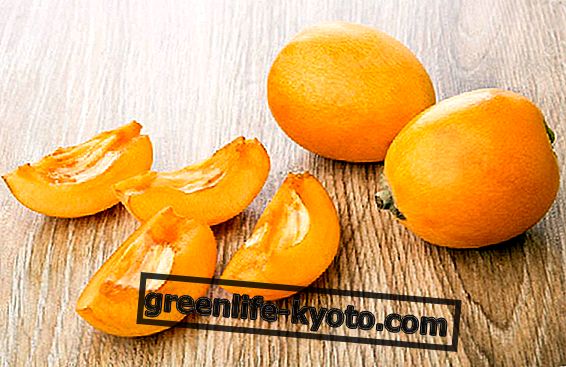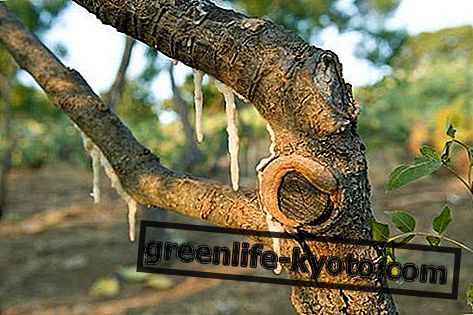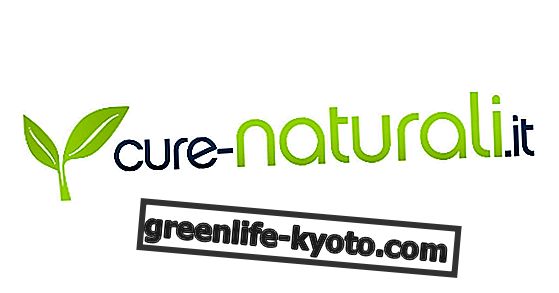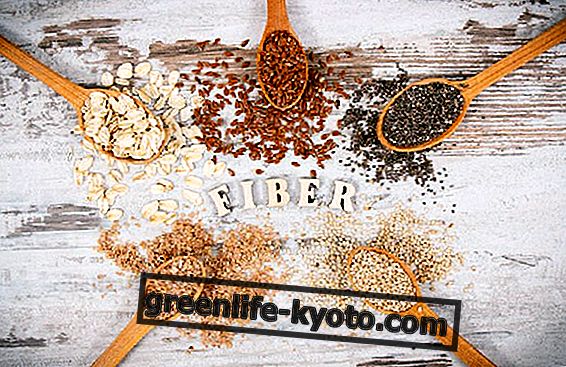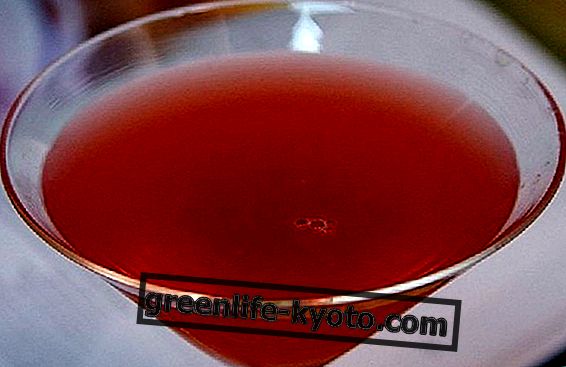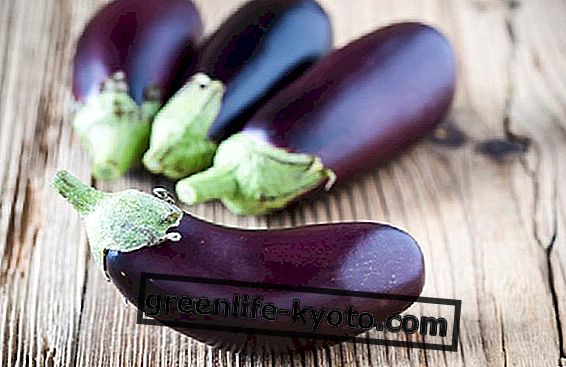
The eggplant belongs to the Solanaceae family and, like many solanaceae, contains alkaloids that can have a toxic effect at high doses: is the eggplant toxic and should it not be eaten? Let's try to be clear.
Eggplant: what it is and how it is consumed
Eggplant is the fruit of Solanum melongena, an annual plant found throughout the Mediterranean basin, where it is cultivated for food purposes. Eggplant is available in supermarkets throughout the year but is in season from June to October and can be found in different varieties: the color of the fruits ranges from ivory white to very dark purple, passing through different shades of lilac and the shape can be round, oval or elongated.
Eggplants are eaten cooked in different ways, for example grilled or in oil, or they are used for the preparation of numerous recipes, including the famous eggplant parmigiana and caponata.
The eggplant has a characteristic bitter taste that depending on the variety can be more or less pronounced. To remove it, before proceeding with cooking the vegetable is “drained”, placing the aubergine slices in a colander with salt and placing a weight on top of the slices: in this way the salt will drain the water and, with it, the bitter principles responsible for the taste.
Is eggplant toxic?
The aubergine is a plant belonging to the Solanaceae family which includes potatoes, tomatoes, peppers and other species used for pharmaceutical purposes such as Atropa belladonna, stramonio and giusquiamo. Many solanaceae, including the aubergine, contain alkaloids, molecules produced by the plant for defensive purposes and which show a marked pharmacological activity in the body of animals: the aubergine, in particular, contains solasonin .
Solasonin, as well as the solanine present in potatoes and tomato tomatine, have a toxic effect on the body, but this effect depends on the dose of alkaloid taken.
The alkaloids contained in the eggplant have a low toxicity and are found in the order of 60-110 milligrams per kilogram of vegetable: the toxic dose for an adult is 3 milligrams per kg of body weight which is equivalent to consuming about 3 kg of eggplant .
Obviously, as far as children are concerned, the toxic dose is lower, but these are still considerable quantities: to have toxic effects, a 25 kg child should consume at least 750 grams of aubergines, equal to two medium-large aubergines.
It is therefore not necessary to avoid the consumption of aubergines for fear of their toxicity: aubergines are indeed rich in mineral salts, vitamins and antioxidant substances that bring benefits to our body.
As always, it is good to vary the food and follow a balanced and balanced diet.






